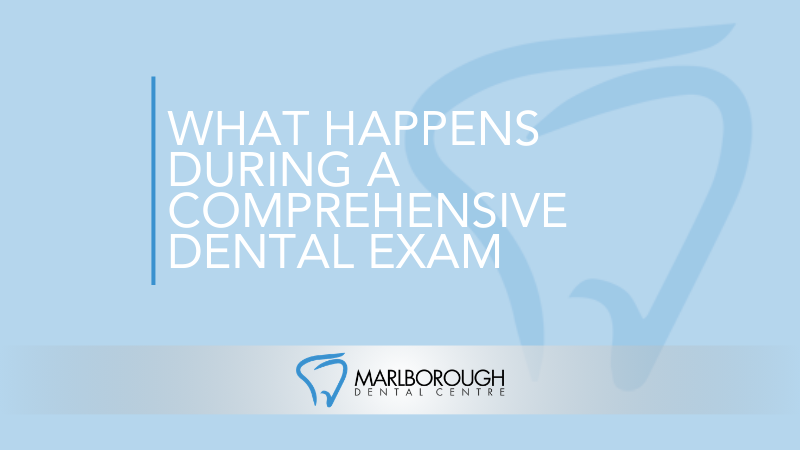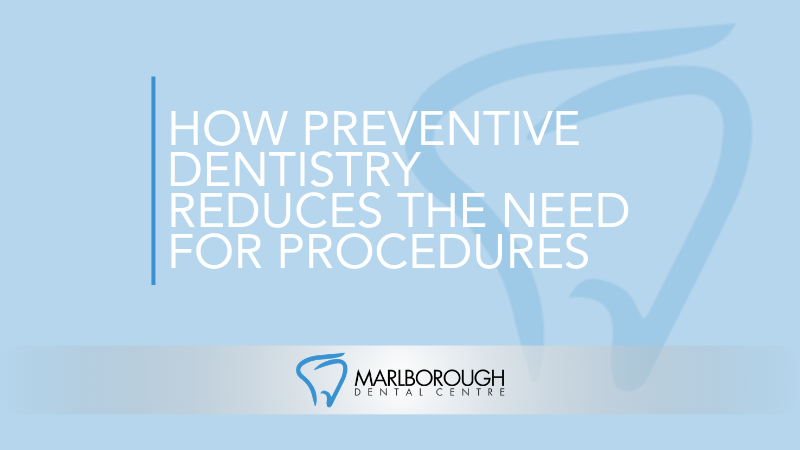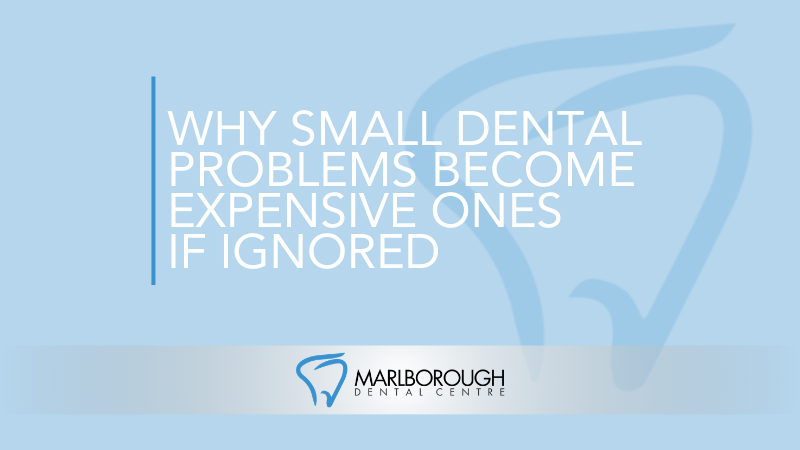A root canal is not something that anybody wants to have. However, if a painful dental health issue arises, root canal therapy may be the most effective healing method. If you think you might need a root canal, here are 7 of the most common signs.
Root canals get a bad rap nowadays. They are commonly known as a dreaded, excruciating dental procedure that nobody wants to have. While they aren’t the most comfortable thing in the world, they also aren’t nearly as bad as people think. Most of the pain that patients think about when they remember their root canal is not from the procedure itself but rather from the pain caused by the ailment that the root canal will be fixing. In truth, a root canal can provide many benefits such as:
- Elimination of pain
- Tooth function restoration
- Enhanced appearance of your smile
- Prevention of more significant dental health problems
- Boosted overall health
We Offer Safe, Effective, and Tailored Root Canal Treatments At Our NE Calgary Dental Clinic
At Marlborough Dental Centre, one of Calgary's top dental offices, our dental professionals have been successfully providing root canal therapy for decades. If you need a root canal or any other form of dental treatment such as dental implants, restorative dentistry, or emergency dental work, our team is ready and waiting to help you.
Book your dental exam and consultation by calling us at 403-248-2066.
7 Signs You Require a Root Canal
Contrary to popular opinion, a root canal is not a cause of pain, but rather a safe and effective way of relieving pain. The procedure is designed to treat a tooth that is infected, diseased, or decayed. If any of the following symptoms are relevant to you, it could be a sign that you require a root canal, and you should visit your dentist immediately.
1. You have a debilitating toothache
The number one sign that you need a root canal is the presence of persistent pain in and around one or more of your teeth. The pain you feel may be on the surface of your teeth or could be felt deep within your bones and jaw. No matter where the pain is, you should have it examined by an experienced dental professional. While tooth pain could signal that a root canal is needed, it could also be caused by several other ailments.
2. You are overly sensitive to either hot or cold foods and drinks
If hot drinks such as coffee and tea or cold things such as ice cream or ice water are causing you discomfort, it could mean that your nerves are damaged and exposed, meaning that a root canal could be required. Hot and cold liquids have a knack for getting into the small holes created by some dental health issues and irritating the exposed nerves, causing them to react with the sensation of pain. A root canal can be an effective treatment for reducing this pain.
3. One or more of your teeth are discoloured
When examining your teeth, if you see one or a few teeth that are a different colour than the rest, it could mean that there is an infection in the pulp of your teeth. Infections in the tooth pulp can lead to a loss of blood flow, which kills the nerves and the tooth itself. One of the most effective methods of removing the infection is through a root canal.
4. One or multiple of your teeth are damaged
Chipped and cracked teeth expose the nerves and sensitive interior of the tooth, which is prone to infection. If an infection does occur due to a broken tooth, your dentist might suggest a root canal to remove it and restore your oral health.
5. Inflamed gums or a bump in one area of your gums
Inflamed gums are one of the best methods dentists use to determine if there is a sign of problems underneath the surface. Swelling can be caused by decreased tissue, waste products, or an infection. If the swelling continues to worsen, it could culminate in a boil, also known as a tooth abscess, which may need a combination of surgery and root canals to fix. To learn more about what a tooth abscess is, check out our Guide to Dealing With An Abscessed Tooth.
6. Pain when applying pressure to your tooth
Whenever you eat, brush, or put any pressure on your teeth, if you feel pain, it could be a strong indicator of nerve damage or tooth decay. While mild toothaches sometimes occur without the need for a root canal, if the pain caused by pressure continues over time, it could indicate the presence of an infection and a root canal will be needed.
7. A loose or dislodged tooth
A loose tooth can be a sign of a severe infection that may have spread to other areas of your mouth. If this is the case, please see your dentist promptly to get the right treatment and protect the other parts of your mouth. If your tooth mobility is minor, a root canal might do the trick, but if it is severe, dental surgery may be required.
How Can I Avoid Needing a Root Canal?
When a patient needs a root canal, it is most often a sign that their oral health has not been adequately taken care of. Maybe they have not been going through a good daily health routine, have been skipping dental appointments, or are consuming a diet that is bad for the health of their mouth.
The best way to avoid a root canal is to keep your teeth in the best shape possible. Dental issues will inevitably arise, they do for everyone, but their probability, severity, and frequency can be greatly reduced by keeping a healthy daily routine and visiting your dentist every six months.
Do You Think You Might Be In Need of a Root Canal or Emergency Dental Surgery?
If you think that you or a loved one are experiencing any of the above, be sure to contact our NE Calgary Dental Clinic to have one of our experienced dentists examine your issue and advise on a solution. We offer affordable dental care solutions so that everybody in Calgary can get the dental care they need. Contact us today by calling 403-248-2066 or fill in our contact form below, and one of our team members will get back to you promptly.
FAQ’s
Q: At what point does a cavity need a root canal?
Most cavities that are new can be easily fixed with fillings. However, if left to worsen, a root canal may be needed if the cavity becomes too deep to be fixed with a filling and is starting to cause an infection or tooth decay.
Q: How painful is a root canal?
Modern technology has made root canal treatments straight-forward and relatively painless. Most of the pain that patients associate with a root canal is not the pain caused by the treatment, but rather by the underlying dental issue.
Q: How effective are root canals?
Root canals are incredibly effective, with a success rate of around 95%. Although a root canal may fail, this is often due to specific circumstances and it can be corrected through other means.



